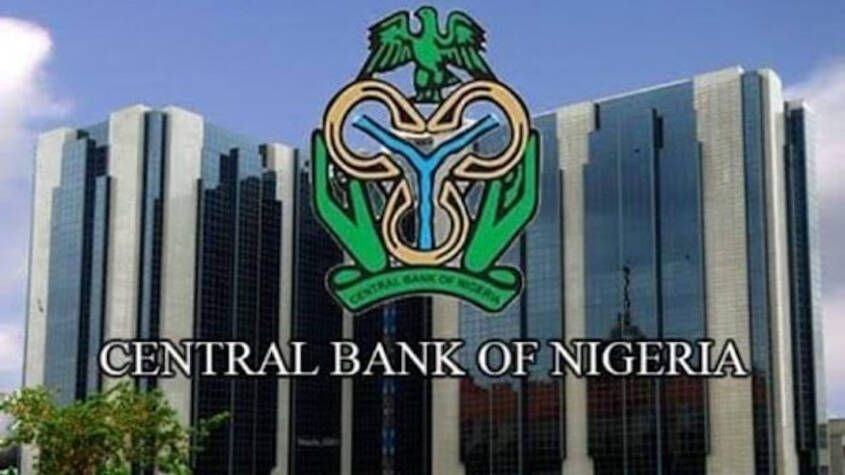
The Central Bank of Nigeria (CBN) has issued a firm directive to banks, payment service providers, and fintech companies, emphasizing the need to enhance their sanctions compliance measures or face potential regulatory penalties.
In a circular dated April 17, 2025, and signed by Ammonia Opusunju on behalf of the Director of the Compliance Department, the CBN instructed all financial institutions to rigorously observe sanctions lists at both the international and national levels.
These include the United Nations Consolidated Sanctions List, the Nigerian Sanctions List—aligned with the Terrorism (Prevention and Prohibition) Act 2022—and regulations targeting the financing of terrorism.
The apex bank stressed the importance of regularly updating systems to detect designated individuals or entities and to prevent the use of financial platforms for unlawful transactions.
“Financial Institutions are required to maintain a robust and dynamic sanctions compliance framework that enables them to Identify and respond promptly to updates or changes across all applicable sanctions lists; Prevent the use of their systems and platforms for transactions involving designated individuals or entities; Conduct real-time screening of customers, transactions, and beneficial owners; and File appropriate reports with the Nigerian Financial Intelligence Unit (NFIU) and notify the CBN, where necessary,” the letter read.
The CBN’s directive also covers real-time screening of customers, transactions, and beneficial owners. Where necessary, institutions are to report suspicious activities to the Nigerian Financial Intelligence Unit (NFIU) and notify the apex bank.
The regulator stressed that failure to meet these obligations could lead to enforcement actions or regulatory penalties. It added that sanctions compliance frameworks must be periodically reviewed and aligned with prevailing laws and regulatory expectations.
The reminder, which comes amid increased global attention to financial crime risks, sends a clear message that compliance is non-negotiable.
It also reflects Nigeria’s efforts to improve its standing with international financial watchdogs such as the Financial Action Task Force (FATF), especially in areas like anti-money laundering (AML) and combating the financing of terrorism (CFT).
For fintech companies and other emerging players in the financial ecosystem, the CBN’s warning emphasizes the need to integrate compliance mechanisms into their technology stacks and customer onboarding processes.
In its concluding remarks, the CBN advised all financial institutions to take note of the guidance and act accordingly.
“This letter serves as a regulatory reminder and all Financial Institutions are expected to ensure continued compliance with applicable laws and CBN directives,” the apex bank stated.
This reminder puts financial institutions on high alert and reinforces the CBN’s commitment to strengthening the integrity of Nigeria’s financial system.
With increasing regulatory pressure, banks and fintechs will now need to prioritize the upgrade of their compliance systems and invest more in tools for sanctions screening, transaction monitoring, and reporting. It also signals that the CBN is likely to intensify supervision in this area, with possible audits or sanctions for institutions found wanting. For new entrants and smaller fintech players, the directive serves as a warning that regulatory compliance is just as critical as innovation in Nigeria’s financial services landscape.






























